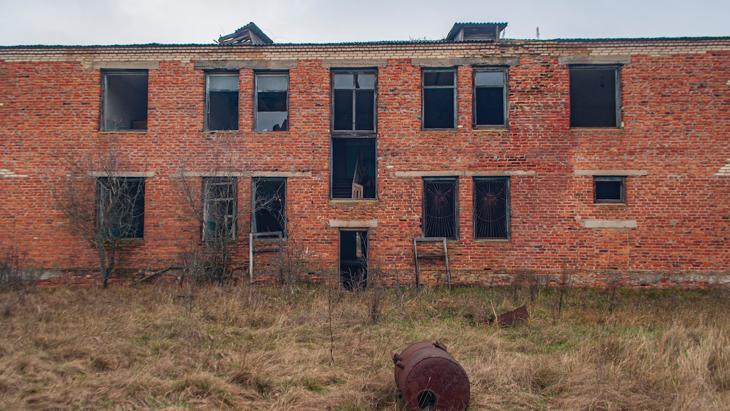Food preservation is the practice of treating and handling food to stop or slow down spoilage, which in turn helps extend its shelf life. By preventing the growth of microorganisms such as bacteria and fungi, food can be preserved for longer periods of time. It’s important to understand the science behind food preservation so you can keep your meals fresh and safe to eat.
What Is Food Preservation?
Food preservation is a process that involves treating and handling food in order to prevent or slow down spoilage caused by microorganisms such as bacteria, fungi, and molds. This process helps extend the shelf life of perishable foods by preventing or reducing their rate of decay. Through various methods such as fermentation, dehydration, freezing, curing, pickling, and canning, foods can be preserved for extended periods of time.
Benefits Of Food Preservation
Preserving food has several benefits: it reduces waste by helping foods stay fresher for longer; it helps reduce spoilage; it helps conserve nutrients; it prevents contamination from bacteria; and it helps reduce reliance on preservatives and additives such as sugar or salt. Additionally, preserving foods often adds flavor due to the fermentation process used in many methods.

Different Methods Of Preservation
There are a variety of methods used for preserving foods which include: freezing (freezing temperatures below 0°C will stop microorganisms from growing); dehydration (drying out perishable items like fruits or vegetables removes moisture which stops bacterial growth); fermentation (this involves adding lactic acid bacteria which produces lactic acid that inhibits the growth of other organisms); curing (this includes salting meats which draws out moisture making them inhospitable environments for microbes); pickling (pickling is done with vinegar or brine solutions that inhibit microbial growth); vacuum packing (removing air from packaging creates an inhospitable environment for bacteria); irradiation (radiation destroys living organisms while not affecting taste or nutritional value).

Conclusion
Food preservation is an important part of keeping foods safe and extending their shelf life by stopping or slowing down spoilage caused by microorganisms such as bacteria and fungi. By understanding the science behind food preservation techniques like freezing, dehydration, fermentation, curing, pickling, vacuum packing and irradiation you can ensure your meals remain fresh while conserving nutrients and reducing reliance on preservatives and additives like sugar or salt.

 The Importance of Sleep: How to Get a Good Night's Rest
The Importance of Sleep: How to Get a Good Night's Rest